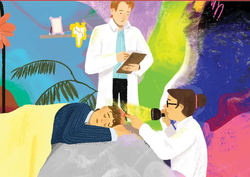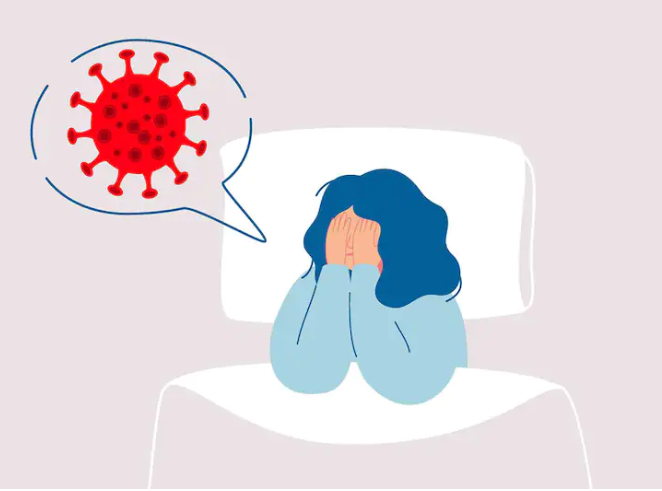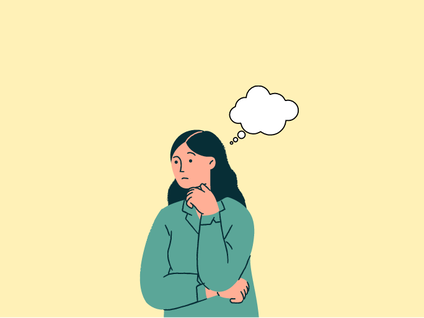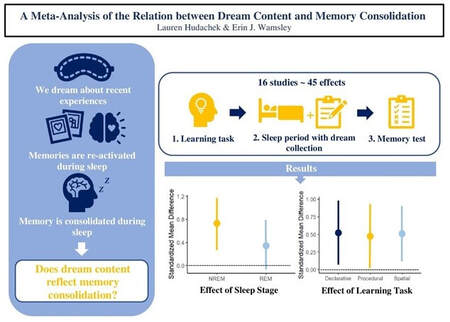Check out our latest posts on social media!
Could zoning out for just a few seconds here and there improve your memory? A new paper from the Furman Sleep Lab says “Yes!"We found evidence for three distinct states, one of which was an offline state with features well-suited to support memory consolidation, including increased EEG slow oscillation power, reduced attention to the external environment, and increased pupil diameter (a proxy for increased norepinephrine). Participants who spent more time in this offline state following encoding showed improved memory at delayed test. These observations are consistent with the hypothesis that even brief, seconds-long entry into an offline state may support the early stages of memory consolidation." Read More
The Science of Dreams
"When you dream of something you learned recently, people who dream about that experience improve their memory more, compared to people who do not report remembering a dream about the experience. So all that put together, I would say the most plausible explanation is that, at least part of the content of dreams is reflecting this memory-related brain activity, right? I can’t say for sure whether dreams are helping your memory, because we don’t know if it’s important that you consciously experience it; it could be just a side effect." Read More
Scientists Engineer Dreams to Understand the Sleeping Brain
"Technologies such as noninvasive brain stimulation and virtual reality gaming offer insights into how dreams arise and what functions they might serve.
"Haar Horowitz is one of a small but growing group of researchers who call themselves dream engineers and are exploring various methods to influence people’s thoughts at sleep onset and during sleep itself. " Read More Furman Alum, Student Receive NSF Fellowships"The National Science Foundation (NSF) has awarded grants through the Graduate Research Fellowship Program (GRFP) to a Furman University student and a Furman alumnus.
"The recipients are Furman senior chemistry major Daniela Mesa Sanchez of Greer, S.C., and Matthew (Matt) Whitmire, a 2015 Furman neuroscience graduate and current Ph.D. candidate at University of Texas at Austin" Read More Daydream Your Way to Better Grades"A recent EEG study at Furman University explored the possibility that non-sleep resting states may facilitate memory consolidation in a manner similar to that experienced in sleep. Participants listened to a short story, and then either rested with their eyes closed (without sleeping), or played a video game for fifteen minutes, and were then administered a delayed recall test on the content of the story. As hypothesized, the quiet resters demonstrated better recall of the story than the gamers did." Read More
|
Are Dreams Related to Memory?doi.org/10.1093/sleep/zsad111 "The frequent appearance of newly learned information in dreams suggests that dream content is influenced by memory consolidation."
"This meta-analysis provides further evidence that dreaming about a learning task is associated with improved memory performance, suggesting that dream content may be an indication of memory consolidation." Read More Did Covid Change how we Dream?
"All around the world, the pandemic provoked strange nocturnal visions. Can they help shed light on the age-old question of why we dream at all?" Read More
How Yesterday and Tomorrow Intertwine When We Dream"Humans have struggled to understand the meaning of dreams for millennia. We present new evidence that dreams reflect a memory-processing function. Although it has long been known that dreams incorporate fragments of past experience, our data suggest that dreams also anticipate probable future events." Read More
Having coronavirus nightmares? Here’s what you can do about those bad dreams.
"The fact that people are reporting more dreams, however, does not mean they are dreaming more because of the pandemic. They may simply be remembering more because of the pandemic."
"There is no known brain correlate of dreaming,” Wamsley says. Because dreams can happen in any stage of sleep, “the only measure that we have of whether someone is dreaming or not, how intense their dream is, what they’re dreaming about, is their verbal report of what they remember." Read More Professor Receives $347,000 NIMH Grant"Erin Wamsley, an Assistant Professor of Psychology at Furman University, has received a $347,000 grant from the National Institute of Mental Health (NIMH) to study the effect of waking rest on memory.
"The three-year Academic Research Enhancement Award will support Wamsley’s ongoing research at the Furman Sleep Laboratory, where she and her students study how the brain processes memories during sleep, as well as the relationship of sleep-dependent memory processing to dream experiences." Read More Why You Can't Dial a Phone, Read a Book, or Escape a Monster in Your Dreams"'We spend a third of our lives sleeping and perhaps all of that time dreaming, and the function is really unknown. And that’s unlike any other basic human activity — we all eat, and we really know a lot about why it is people have to eat. But we don’t know a lot about why it is people have to sleep and why it is really everyone dreams every night."' Read More
The Science of Sleep: Understanding the Effects of Rest and Sleep on Human Memory"Since a third of a person’s life is spent sleeping, Wamsley is hoping to find questions to a host of questions about sleep and memory, including how memories are transformed during sleep, how emotion influences memory processing during sleep, and why and how the sleeping brain generates dreams.
"She’s hoping to add more to the big picture of how human memory works, both long-term and short-term. 'When you learn something, the life of a memory is not over,' she said." Read More To Sleep, Perchance to Remember?"Sleep. Most of us look forward to it as a way to recuperate from a hectic day and prepare our bodies and minds for the next. But researchers at Furman University are looking at another function of sleep that isn't typically associated with slumber - memory.
"'Even though we spend about a third of our lives sleeping, we don't fully understand why people have to sleep,' said Erin J. Wamsley, assistant professor of psychology at Furman." Read More |



